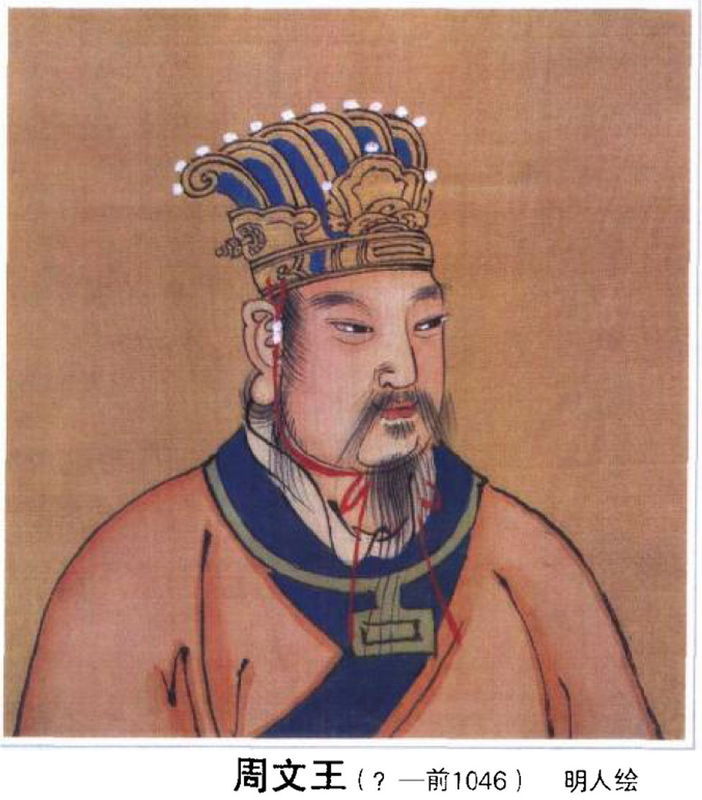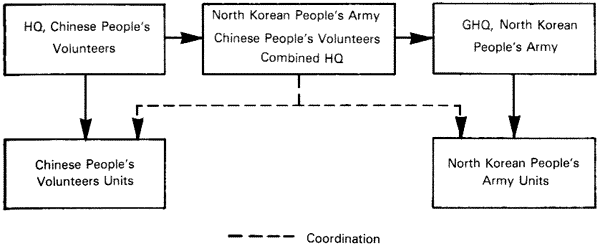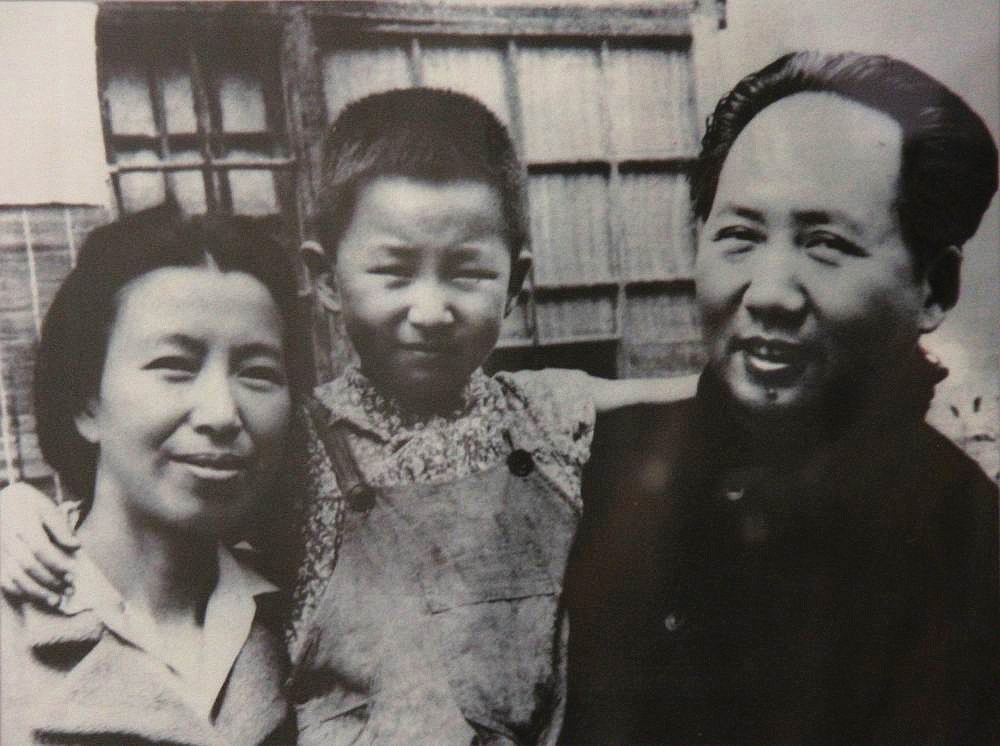|
Zhou Bingde
Zhou Bingde ( zh, t=, s=周秉德, p=Zhōu Bǐngdé; born April 1937) is a Chinese journalist, politician and writer who served as the deputy director of the China News Service and was a member of the Ninth and Tenth National Committees of the Chinese People's Political Consultative Conference (CPPCC). She is the niece of Zhou Enlai, the first premier of the People's Republic of China. Early life Zhou Bingde was born in 1937 in Harbin under the Japanese puppet state of Manchukuo. She is the eldest of seven children born to Zhou Enshou, the younger brother of Zhou Enlai, and his wife Wang Shiqin, who was of Manchu descent. Her name, inspired by Qu Yuan's poem ''Ode to the Orange'', was chosen by a family friend, reflecting the phrase "Bingde Wusi" (秉德无私), meaning "upholding virtue impartially". In 1943, amid the Japanese occupation of Northeast China, her family relocated to Tianjin, where she completed her primary education. In June 1949, she moved with her parents to Be ... [...More Info...] [...Related Items...] OR: [Wikipedia] [Google] [Baidu] |
Zhou (surname)
Zhōu () is a Chinese surname, Chinese-language surname. In places which use the Wade–Giles romanization such as Taiwan, Zhou is usually spelled as Chou, and it may also be spelled as Chiau, Chau, Chao (surname), Chao, Chew (surname), Chew, Chow (surname), Chow, Chiu, Cho, Chu, Jhou, Jou, Djou, Jue, Jow, Joe, or Tseu, depending on regional pronunciation. In classical genealogy, the main origin of the surname 周 (Zhou) derives from the royal members of the house of Zhou, originally surnamed Ji (surname 姬), 姬 (Ji). They were the descendants of King Ping of Zhou, adopted the surname 周 (Zhou) after the fall of the Zhou dynasty. Zhou ranks as the 10th most common surname in mainland China . In 2013 it was found to be the 10th most common name, shared by 25,200,000 people or 1.900% of the population, with the province with the most being Hunan. Derived from the Zhou dynasty, it has been one of the ten list of common Chinese surnames, most common surnames in China since the Yu ... [...More Info...] [...Related Items...] OR: [Wikipedia] [Google] [Baidu] |
Tianjin
Tianjin is a direct-administered municipality in North China, northern China on the shore of the Bohai Sea. It is one of the National Central City, nine national central cities, with a total population of 13,866,009 inhabitants at the time of the 2020 Chinese census. Its metropolitan area, which is made up of 12 central districts (other than Baodi District, Baodi, Jizhou District, Tianjin, Jizhou, Jinghai District, Jinghai and Ninghe District, Ninghe), was home to 11,165,706 inhabitants and is also the world's 29th-largest agglomeration (between Chengdu and Rio de Janeiro) and 11th-List of cities proper by population, most populous city proper. Tianjin is governed as one of the four municipalities (alongside Beijing, Shanghai, and Chongqing) under the direct-administered municipalities of China, direct administration of the State Council of the People's Republic of China, State Council of Government of China, China. The city borders Hebei Province and Beijing Municipality, bounded ... [...More Info...] [...Related Items...] OR: [Wikipedia] [Google] [Baidu] |
Socialist Education Movement
__NOTOC__ The Socialist Education Movement (, abbreviated 社教运动 or 社教運動), also known as the Four Cleanups Movement () was a 1963–1965 movement launched by Mao Zedong in the People's Republic of China. Mao sought to remove reactionary elements within the bureaucracy of the Chinese Communist Party (CCP), saying that "governance is also a process of socialist education." Goals During the 1960s, Mao's view of class struggle focused on two distinct dimensions. One level was class struggle within society to avoid revisionism, a process which required socialist education. The second level was struggle within the Party itself to address bureaucratism and the fear that Party bureaucrats might become a new bourgeoisie. Thus, the goal of the socialist education movement was to "purify politics, purify economics, purify the organization, and purify thought" in opposition to revisionism. Mao sought to make Communist Party cadres closer to the people and to increase revol ... [...More Info...] [...Related Items...] OR: [Wikipedia] [Google] [Baidu] |
Anti-Rightist Campaign
The Anti-Rightist Campaign () in the People's Republic of China, which lasted from 1957 to roughly 1959, was a political campaign to purge alleged " Rightists" within the Chinese Communist Party (CCP) and the country as a whole. The campaign was launched by Chairman Mao Zedong. Deng Xiaoping and Peng Zhen also played important roles. The Anti-Rightist Campaign significantly damaged democracy in China and turned the country into a ''de facto'' one-party state. The definition of rightists was not always consistent, often including critics to the left of the government, but officially referred to those intellectuals who appeared to favor capitalism, or were against one-party rule as well as forcible, state-run collectivization. According to China's official statistics published during the " Boluan Fanzheng" period, the campaign resulted in the political persecution of at least 550,000 people. Some researchers believe that the actual number of persecuted is between 1 and 2 ... [...More Info...] [...Related Items...] OR: [Wikipedia] [Google] [Baidu] |
Campaign To Suppress Counterrevolutionaries
The Campaign to Suppress Counterrevolutionaries ( zh, c=鎮壓反革命運動, p=zhènyā fǎngémìng yùndòng, abbreviated as zh, c=鎮反, p=zhènfǎn, labels=no) was the first campaign of political repression launched by the People's Republic of China designed to eradicate opposition elements, especially former Kuomintang (KMT) functionaries accused of trying to undermine the new Chinese Communist Party government. It began in March 1950 when the Central Committee of the Chinese Communist Party issued the ''Directive on elimination of bandits and establishment of revolutionary new order'' ( zh, t=剿滅土匪,建立革命新秩序), and ended in 1953. The campaign was implemented as a response to the rebellions that were commonplace in the early years of the People's Republic of China. Those targeted during the campaign were thereafter labeled as "counterrevolutionaries", and were publicly denounced in mass trials. Significant numbers of "counterrevolutionaries" were arr ... [...More Info...] [...Related Items...] OR: [Wikipedia] [Google] [Baidu] |
Chaoyang, Beijing
Chaoyang District () is an urban list of administrative divisions of Beijing, district of Beijing. It borders the districts of Shunyi, Beijing, Shunyi to the northeast, Tongzhou, Beijing, Tongzhou to the east and southeast, Daxing, Beijing, Daxing to the south, Fengtai, Beijing, Fengtai to the southwest, Dongcheng, Beijing, Dongcheng, Xicheng, Beijing, Xicheng, and Haidian, Beijing, Haidian to the west, and Changping, Beijing, Changping to the northwest. Chaoyang is home to the majority of Beijing's many foreign embassies, the well-known Sanlitun bar street, as well as Beijing's growing Beijing central business district, central business district. The Olympic Green, built for the 2008 Summer Olympics, is also in Chaoyang. Chaoyang extends west to Chaoyangmen on the eastern 2nd Ring Road, and nearly as far east as the Ximazhuang toll station on the Jingtong Expressway. Within the urban area of Beijing, it occupies , making it the central city's largest district, with Haidian seco ... [...More Info...] [...Related Items...] OR: [Wikipedia] [Google] [Baidu] |
The Village Teacher
''The Village Teacher'' () is a 1947 Soviet drama film directed by Mark Donskoy. The film tells the story of a teacher young Varya, who is going to teach peasant children in one village, which treats her coolly upon her arrival. Suddenly an acquaintance and former lover of Varya, a bolshevik Martynov, arrives in town marries and Varys. The revolution begins. Plot Before the revolution, Varvara met him at a graduation ball and later moved to a remote Siberian village. There, slowly but surely, the "city girl" wins the hearts of the locals, who are tough people engaged in gold mining. Among her students is a very talented boy, Prov Voronov, who aced all his exams to enter the gymnasium. However, the gymnasium director rejects the talented student, stating that the children of the poor will never sit at the same desk as the children of aristocrats. Varvara Vasilyevna believes that the time will come when Prov will be able to continue his education. Martynov returns from exile, st ... [...More Info...] [...Related Items...] OR: [Wikipedia] [Google] [Baidu] |
Zhou Enlai 21ee-1ZH31R030922
Zhou may refer to: Chinese history * Predynastic Zhou ( or ; –), the state in modern Shaanxi which established the Zhou dynasty * Zhou dynasty (; –256 BC), a dynasty of China controlling Shaanxi, the North China Plain, and its periphery ** Western Zhou (; –771 BC), ruling from present-day Xi'an ** Eastern Zhou (; 770–256 BC), overseeing numerous petty states from present-day Luoyang * ( or ; –after 580 BC), located in Zhoucheng (present-day Fengxiang District), the fief granted to Duke of Zhou's younger son Duke Ping of Zhou and his descendants, lasting at least until 580 BC under Chu * Western Zhou (state) (; 440–256 BC), one of the Warring States in modern western Henan * Eastern Zhou (state) (; 367–249 BC), one of the Warring States in modern eastern Henan * Northern Zhou (; 557–581), a Xianbei state ruling western China from present-day Xi'an during the Northern and Southern Dynasties * Wu Zhou (; 690–705), a brief interregnum of the Tang dynasty, ruling from ... [...More Info...] [...Related Items...] OR: [Wikipedia] [Google] [Baidu] |
China In The Korean War
China became a late but important belligerent during the Korean War and played a significant role in the conflict. The People’s Republic of China entered the conflict in October 1950, with the Chinese People’s Volunteer Army (PVA) units crossing the Yalu River in secret, in support of the North Korea. Subsequently, Chinese forces launched multiple major campaigns against United Nations (UN) forces and South Korean troops, playing a crucial role in prolonging and shaping the war’s outcome. Throughout the conflict, the PVA engaged in extensive combat operations, logistics build-up, and defensive strategies, eventually deploying over one million personnel at the height of its involvement. The Chinese intervention influenced both battlefield dynamics and the broader geopolitical landscape, contributing to the eventual stalemate and the signing of the Korean Armistice Agreement in 1953. The PVA's participation resulted in significant casualties and economic costs for China, but ... [...More Info...] [...Related Items...] OR: [Wikipedia] [Google] [Baidu] |
Korean War
The Korean War (25 June 1950 – 27 July 1953) was an armed conflict on the Korean Peninsula fought between North Korea (Democratic People's Republic of Korea; DPRK) and South Korea (Republic of Korea; ROK) and their allies. North Korea was supported by China and the Soviet Union, while South Korea was supported by the United Nations Command (UNC) led by the United States. The conflict was one of the first major proxy wars of the Cold War. Fighting ended in 1953 with an armistice but no peace treaty, leading to the ongoing Korean conflict. After the end of World War II in 1945, Korea, which had been a Korea under Japanese rule, Japanese colony for 35 years, was Division of Korea, divided by the Soviet Union and the United States into two occupation zones at the 38th parallel north, 38th parallel, with plans for a future independent state. Due to political disagreements and influence from their backers, the zones formed their governments in 1948. North Korea was led by Kim Il S ... [...More Info...] [...Related Items...] OR: [Wikipedia] [Google] [Baidu] |
Mao Zedong
Mao Zedong pronounced ; traditionally Romanization of Chinese, romanised as Mao Tse-tung. (26December 18939September 1976) was a Chinese politician, revolutionary, and political theorist who founded the People's Republic of China (PRC) in 1949 and led the country from Proclamation of the People's Republic of China, its establishment until Death and state funeral of Mao Zedong, his death in 1976. Mao served as Chairman of the Chinese Communist Party (CCP) from 1943 until his death, and as the party's ''de facto'' leader from 1935. His theories, which he advocated as a Chinese adaptation of Marxism–Leninism, are known as Maoism. Born to a peasant family in Shaoshan, Hunan, Mao studied in Changsha and was influenced by the 1911 Revolution and ideas of Chinese nationalism and anti-imperialism. He was introduced to Marxism while working as a librarian at Peking University, and later participated in the May Fourth Movement of 1919. In 1921, Mao became a founding member of the ... [...More Info...] [...Related Items...] OR: [Wikipedia] [Google] [Baidu] |
Li Na (daughter Of Mao Zedong)
Li Na (, also pronounced Li Ne, born 3 August 1940), is the daughter of Mao Zedong and his fourth wife Jiang Qing, and their only child together. Her surname is Li rather than Mao, because her father used the pseudonym "Li Desheng" () for a period of time during the Chinese Civil War. The names of Li Na and her sister Li Min come from Book 4 of the ''Analects'' of Confucius: "''ne'' yu yan er ''min'' yu xing" (, meaning ''slow'' in speech and ''earnest'' in conduct). Early life Li Na was born at Central Hospital in Yan'an on 3 August 1940. In her childhood, she was fascinated by Russian as well as Classical Chinese literature. In 1949, Li moved to Beijing with her parents, and started third grade at Yuying Primary School. Four years later, in 1953, she was admitted to the Beijing Normal University Girls' High School (北京师范大学附属女子中学, now known as Experimental High School Attached to Beijing Normal University). Cultural Revolution Excelling in her stud ... [...More Info...] [...Related Items...] OR: [Wikipedia] [Google] [Baidu] |







